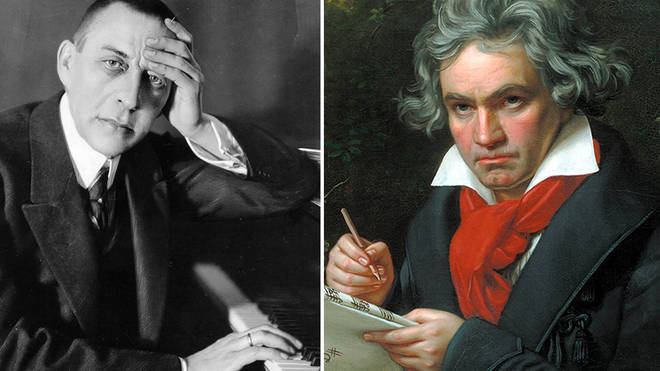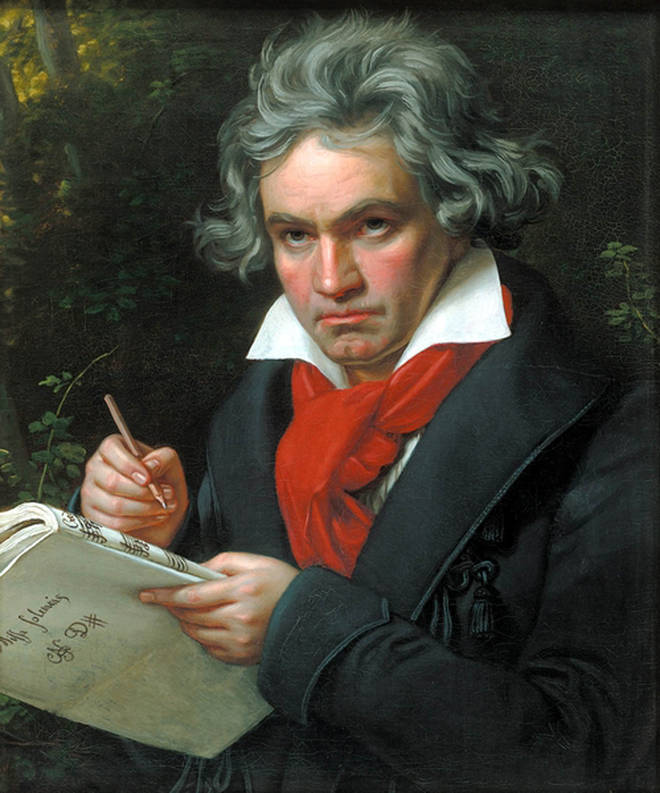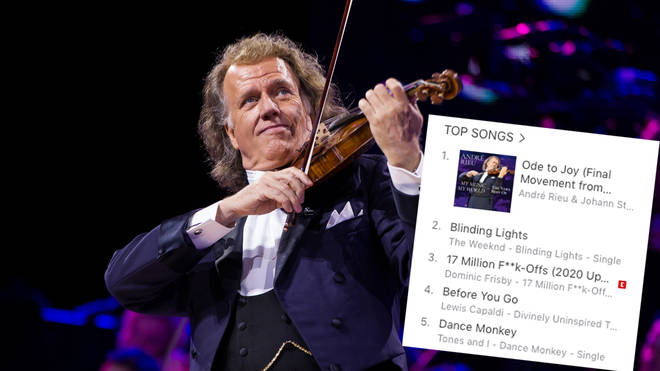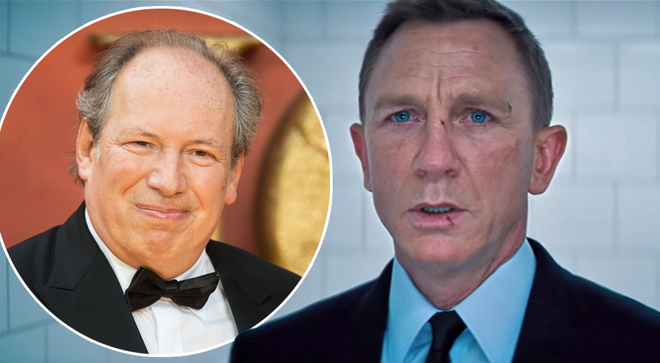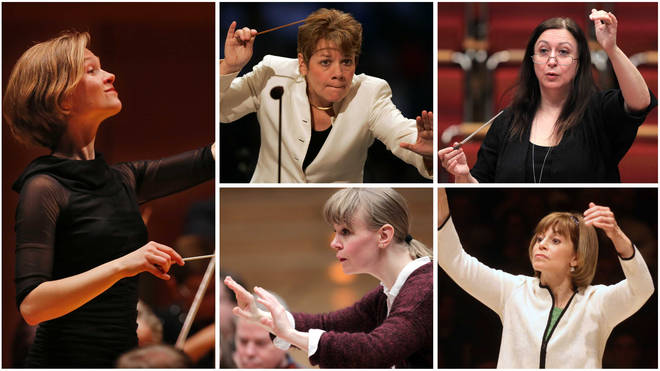... dropped as hold music by Government hotline
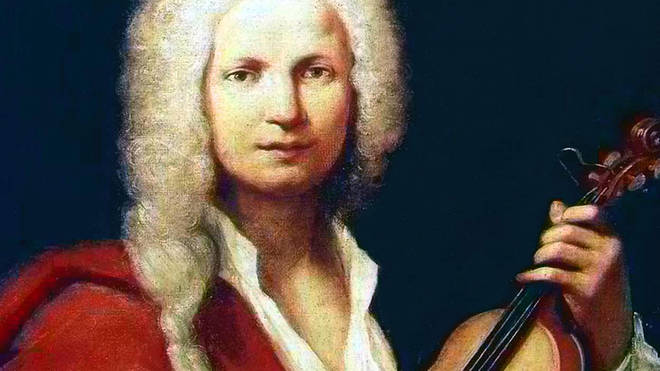
Callers waiting to speak to the Department of Work and Pensions will no longer hear music from the Baroque masterpiece, after saying they couldn’t deal... ‘Viv-al-di’ repetition.
’s has been dropped by the Department of Work and Pensions as its on-hold music, after callers said the repetitive clip was making them feel anxious. Callers waiting to speak to an adviser about a benefits problem have heard a 30-second loop of ‘Spring’, the first concerto in the great Italian composer’s masterpiece, for nearly 15 years.
But with millions of callers on hold for up to an hour, many people were hearing the clip up to 120 times in a row. One the DWP’s choice of music a “cruel and unusual punishment”.
“We had some feedback that the Vivaldi clip caused anxiety for claimants and in particular had an impact on autistic callers,” a DWP spokesperson said.
The Department has said ‘Spring’ will be replaced by a ‘calming’ 20-minute mix of eight unnamed musical tracks that aims to reduce callers’ anxiety by creating “a steady and neutral pace and reducing the issue of repetition”.
“We tested it with claimants in job centres and they overwhelmingly preferred it,” a DWP spokesperson said. “It was seen as more calming and peaceful and light. One person said, ‘I loved The Four Seasons, it’s a lovely piece of music’, but most preferred the new music.”
The DWP has used ‘Spring’ as its on-hold music since 2006. They called it a ‘cost-effective solution’, explaining that while the music would usually be funded by taxpayer money, they were licensed to play the Vivaldi for free.
But while the average helpline on-hold time is eight minutes, waiting times can go up to an hour. The repetitive music appears to have caused unnecessary anxiety for those calling about an often stressful matter.
“Queue times can be long, longer than the whole symphony on occasion, and callers are required to listen to the same sample, interspersed with the same recorded message, for infuriating periods of time,” it said.
“The false jollity of the piece in question, combined with the repetition involved in the short sample length, is largely at odds with the motives of people ringing the line, usually because of a problem with receipt of benefits.”



